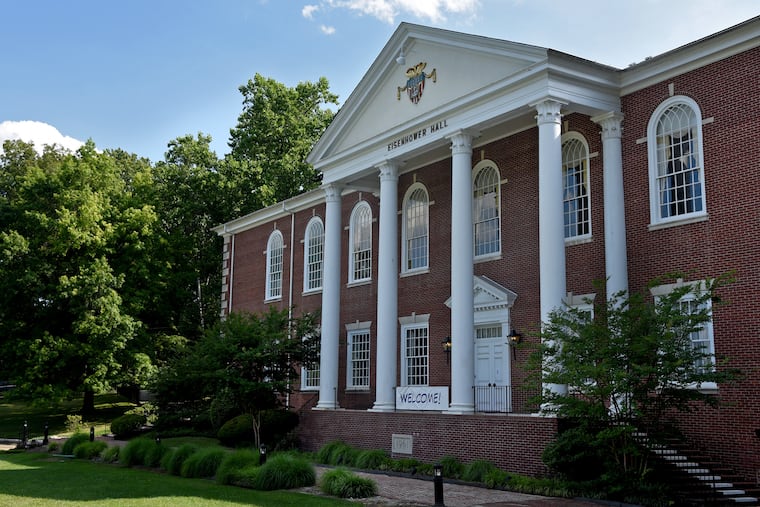Florida experiences impacts from Trump’s tariffs, affecting local businesses and the economy.
Abigail StClair, the founder of TeBella Tea Co., faces critical business decisions that reflect broader economic concerns amid changing trade policies. StClair is contemplating a substantial order of 150 kilos of seasonal teas from China, enough to sustain her business through August. Simultaneously, she is considering a new location in North Carolina as part of an expansion strategy. However, the uncertainty surrounding international trade policies and impending tariffs raises questions about the financial viability of these plans.
Currently, there is a 10% universal tariff on goods from various trading partners, with the exception of China, where tariff rates have fluctuated significantly. Recently, President Trump’s administration announced that tariff rates on Chinese exports had escalated to as high as 145%, only to be reduced to 30% just weeks later. This ongoing volatility in tariffs has left many business owners like StClair feeling the need to pause their growth strategies.
Economists warn that these tariff fluctuations pose potential risks to Florida’s economy, particularly given the state’s significant role in international trade. With trade partners spanning from China to South Sudan, Florida ranked as the tenth largest importer in the United States last year, with approximately 7 billion in commodities crossing state borders.
Experts, including economics professor Abby Hall from the University of Tampa, highlight that local businesses and consumers are increasingly affected by these changes. The manufacturing sector in Florida, particularly in areas such as aviation and medical devices, could see costs rise as dependence on imported materials remains high. Nearly 68,000 manufacturing jobs are linked to this sector in Tampa Bay alone.
The construction industry, which accounts for approximately 659,000 jobs in Florida, is equally vulnerable. The state’s reliance on imported lumber, notably from Canada and Brazil, means that ongoing tariffs could exacerbate existing shortages. The latest data indicates that tariffs on Canadian softwood lumber currently stand at 14.5%, potentially increasing further due to trade disputes.
In the hospitality sector, the impacts are similarly profound. Bar and restaurant owners in Tampa Bay depend heavily on imported commodities such as tequila, coffee, and tea. For instance, Roberto Torres, owner of the Blind Tiger Cafe, imports coffee from multiple South American countries, now facing additional tariffs. With rising operational costs, many businesses may be forced to raise prices, leaving consumers to bear the brunt of these increases.
The uncertainty surrounding these tariffs creates a challenging environment for small businesses. TeBella, which imports tea from various countries, has already experienced increased shipping costs, burdening its operational expenses significantly—even for shipments ordered prior to the tariff adjustments.
As market conditions remain unpredictable, businesses are grappling with hesitation regarding their supply chains and price adjustments. Economists warn that this “regime uncertainty” can stifle business growth and consumer spending. Sean Snaith, an economist at the University of Central Florida, emphasizes that clarity on the new trade rules is essential for facilitating necessary adjustments.
Despite the challenges, StClair is moving forward with her expansion plans, recognizing the need for resilience in today’s economic landscape. As small business owners navigate these complex changes, they remain hopeful that tailored exemptions for essential goods will emerge amidst the evolving trade environment. Companies like TeBella continue to adjust their strategies, striving to balance immediate decisions with long-term sustainability and growth.






